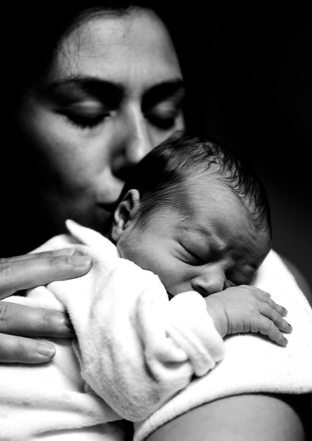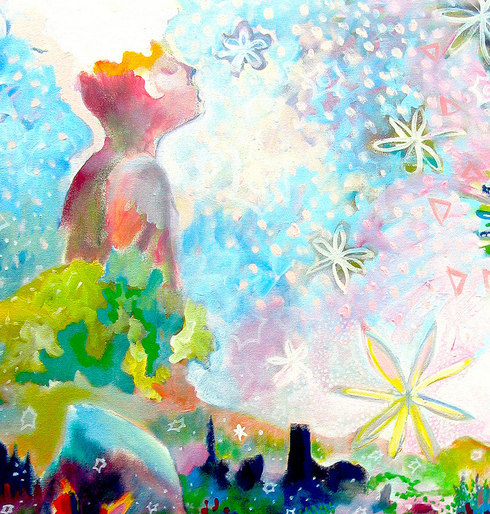For one thing, there is such a thing as marital bliss. It's also called the honeymoon phase and can last anywhere from 3 months after the wedding to 2 years. If you've ever been on vacation and met a of couple of newlyweds, you can usually see the honeymoon phase written on their faces. So let's not compare unmarried life to this phase in marriage because it would be an unfair comparison. It's what comes after the honeymoon phase that can give insight into whether or not people are happier after being married.
Marriage does have many physical and psychological perks. For example married people are more likely to live longer, get sick less often, and have lower rates of depression. And it's not surprising that this is true because you are more likely to take care of yourself or be taken care of if you are married. Your partner looks out for you and likewise. However, every marriage is not the same. Just looking around you, I'm sure you can see that married people can be happy or miserable. I'm sure you know at least one or two married individuals who just want to get out of the marriage or stays for the wrong reasons. In these cases, marriage can decrease a person's immune system and increase mental stress. After all, it really comes down to what kind of relationship you build in your marriage that fosters your level of happiness.
Marriage does not by itself bring more happiness, and just like wealth or fame, the bliss dwindles with time. The reality is that happiness in a marriage comes from hard work and commitment to the relationship. People who build a strong foundation in their marriage and foster a strong friendship with their partner are more likely to sustain their happiness and experience the benefits of having a life long partner. Humans are social creatures and we were all born to love. Overall, marriage and happiness is always about how you nurture your relationship.




 RSS Feed
RSS Feed
